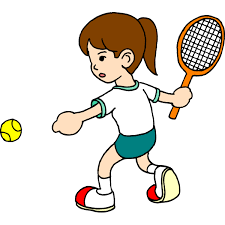An Overview of the Auxiliaries avoir and être
The vast majority of French verbs use auxiliary avoir followed by a past participle to indicate an action in the past, e.g.: J'ai mangé une pomme ("I ate an apple"). However, most verbs that describe "coming" and "going" use être instead. In order to master the rules of standard written French, you need to familiarize yourself with these "intransitive" verbs (i.e.: verbs not followed directly be a noun).
Let's starts with the most frequent ones that you can remember with the following word expression raven stamp: rester, aller, venir, entrer, naître, sortir tomber, arriver, mourir, partir, (and related forms with a prefix, like revenir, rentrer and devenir). For example,
- Je suis allé le voir.
- Il est resté longtemps.
- Elle est arrivée à l'heure.
- Nous sommes partis très tôt.
In addition, the verbs monter, descendre, passer, retourner are used with être when not followed directly by a noun, e.g.:
- Elle est montée vers 22h.
But ...
So, when the person is undergoing the movement, use être. However, if it is an object that undergoes the movement, use avoir. This reflects the general tendency that participles followed by nouns do not show agreement.
Finally, all pronominal verbs (i.e.: those that must appear with me, te, se, etc.) always form their past with être, e.g.:
- Je me suis promené avec elle.
- Il s'est évadé.
Note that when you use compound tenses other than the passé composé, use the same auxiliaries as indicated above, e.g.: J'y serais allé, j'avais compris, j'étais déjà parti.
You can find information here about anglicisms involving the use of être instead of avoir.
 Conjugate avoir
Conjugate avoir
 Conjugate être
Conjugate être